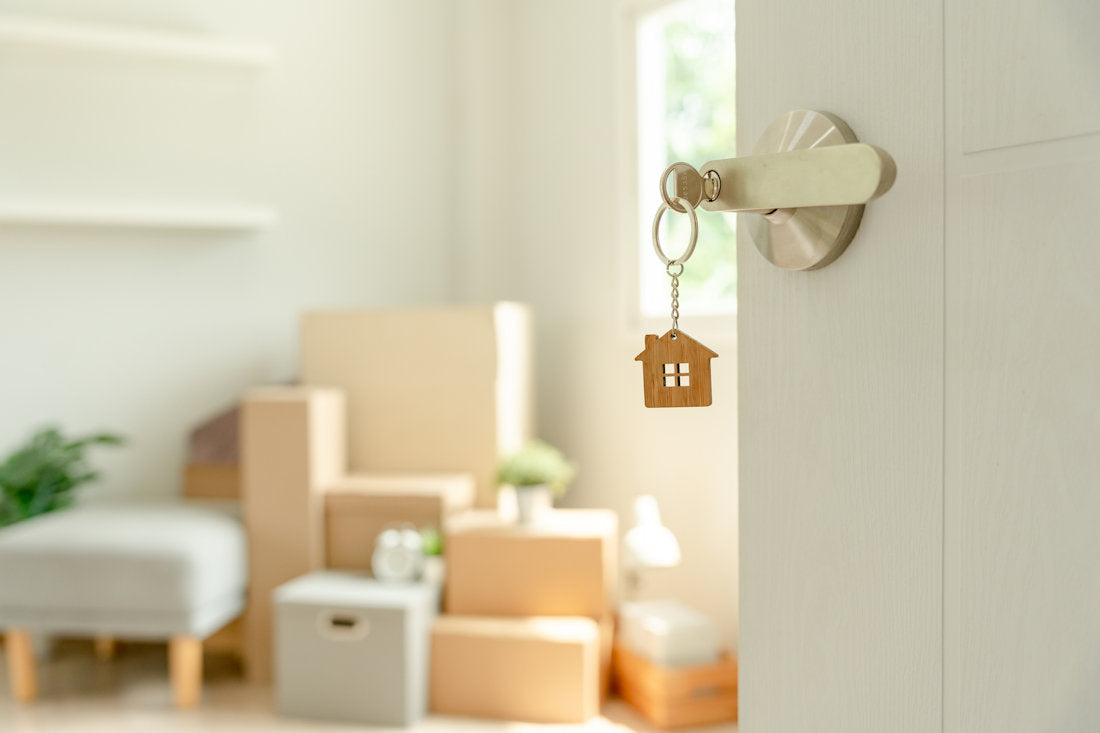
We Are Not Our Possessions
Dr. Linda HancockWe all start out in a crib and end up in a crib at the end of life. In between, it is interesting to see how we surround ourselves with "stuff" - material possessions that often are valuable only to ourselves.
My father was what we called a "snazzy" dresser. He enjoyed wearing bright colours, bold patterns and interesting accessories. When he died, my mother didn't want to do anything with his clothing as she was grieving and found comfort in having everything in its place. Several weeks later, my sister and I, along with our husbands were recruited to sort through everything. It was too emotional for mom so she left us on our own to decide what to do with his possessions.
As we went through each item that had belonged to dad, we began to realize that nobody really wanted any of it. It was sad to think that he had cared so lovingly for many things that we didn't have any use for or desire to keep.
This story doesn't match the situation for all families. In fact, sometimes relationships are damaged when family members fight over the estates of those who have passed. Arguments can erupt over items that might be valued more for emotional attachment than market value.
We live in a society that encourages us to purchase more and more things than we need. Marketing is designed to increase our desire to own things and it is easy to fall into the trap of consumerism.
This week I encourage you to think about what you own. Do you have things you don't use that another person needs? If so, give them away.
Have you been keeping articles that are broken or unnecessary? Throw them out!
Do you receive compliments for possessions that you have? Perhaps you should give them to the admirer now and enjoy the thrill of giving. This will also afford you an opportunity to tell the story of where you got the item and what it means to you. (Better than thinking that your relatives will fight over them once you are gone).
If you died tonight, what would happen to your "stuff"? Would it be thrown away, argued over or viewed as a "curse" for those who have to deal with it?
It's time to consider what you have and what should be done with it. Time to make a plan.
And now I would like to invite you to claim your Free Instant Access to a complimentary list of 10 Steps to Making Your Life an Adventure when you visit http://lindahancock.com
From Dr. Linda Hancock, Registered Psychologist and Registered Social Worker
